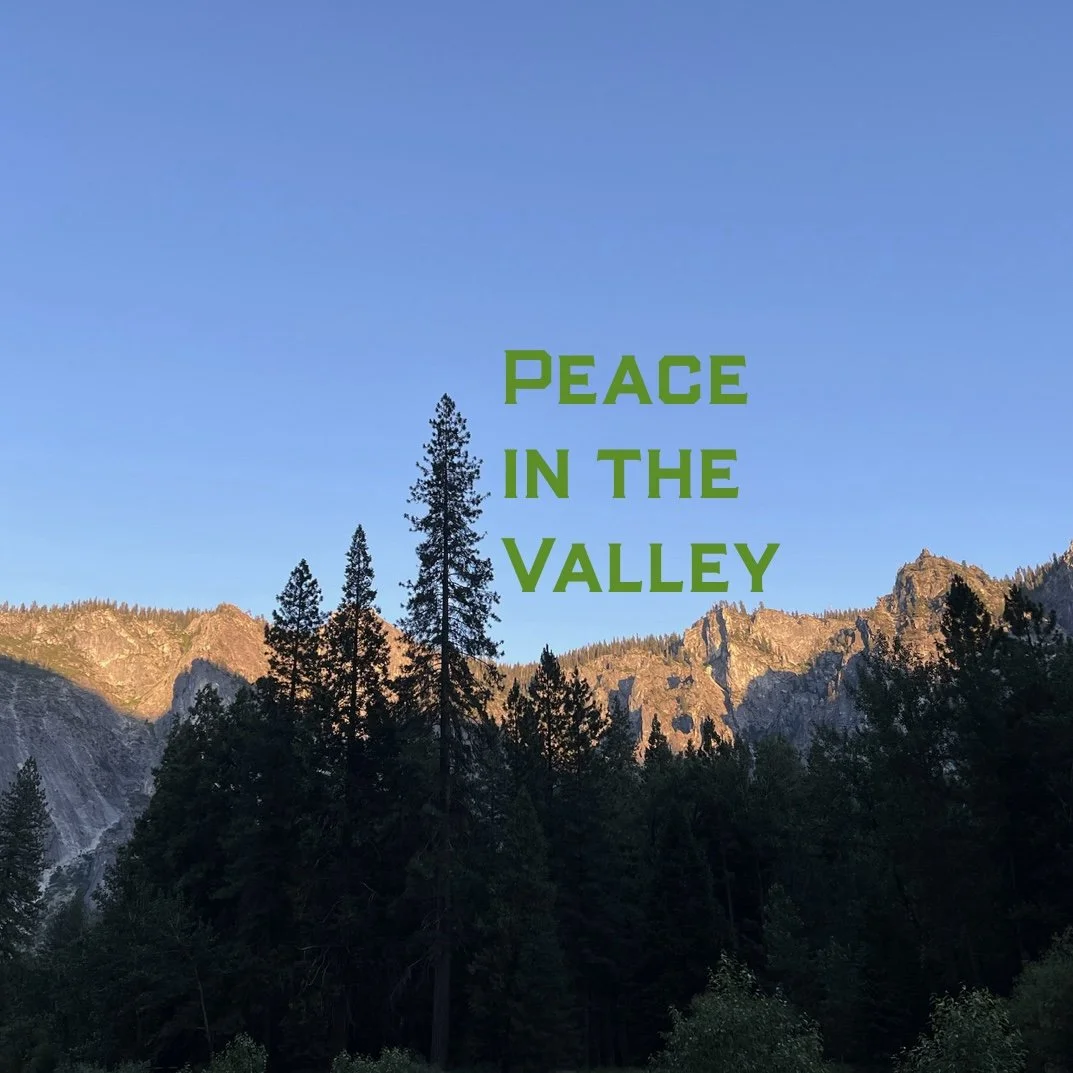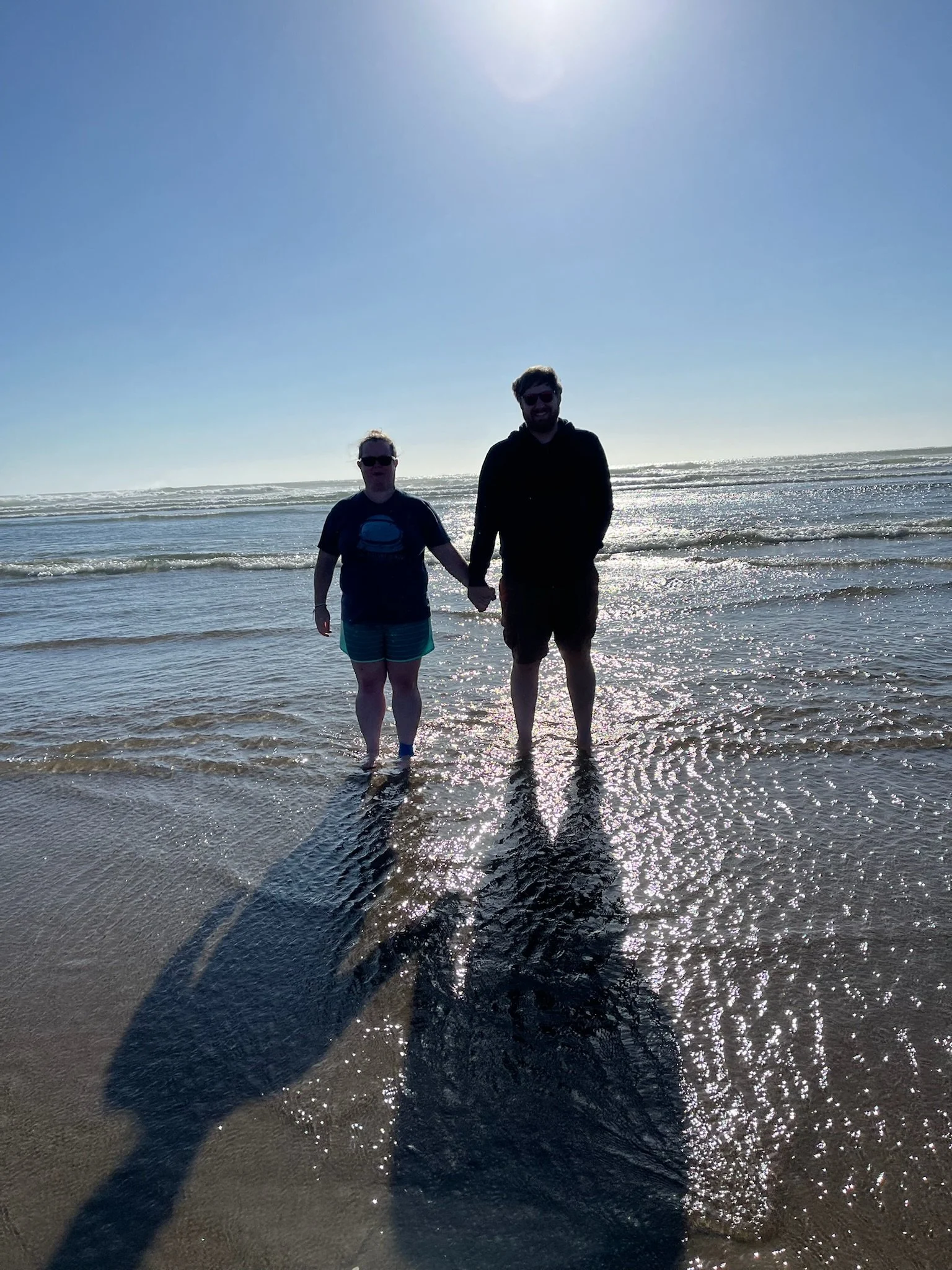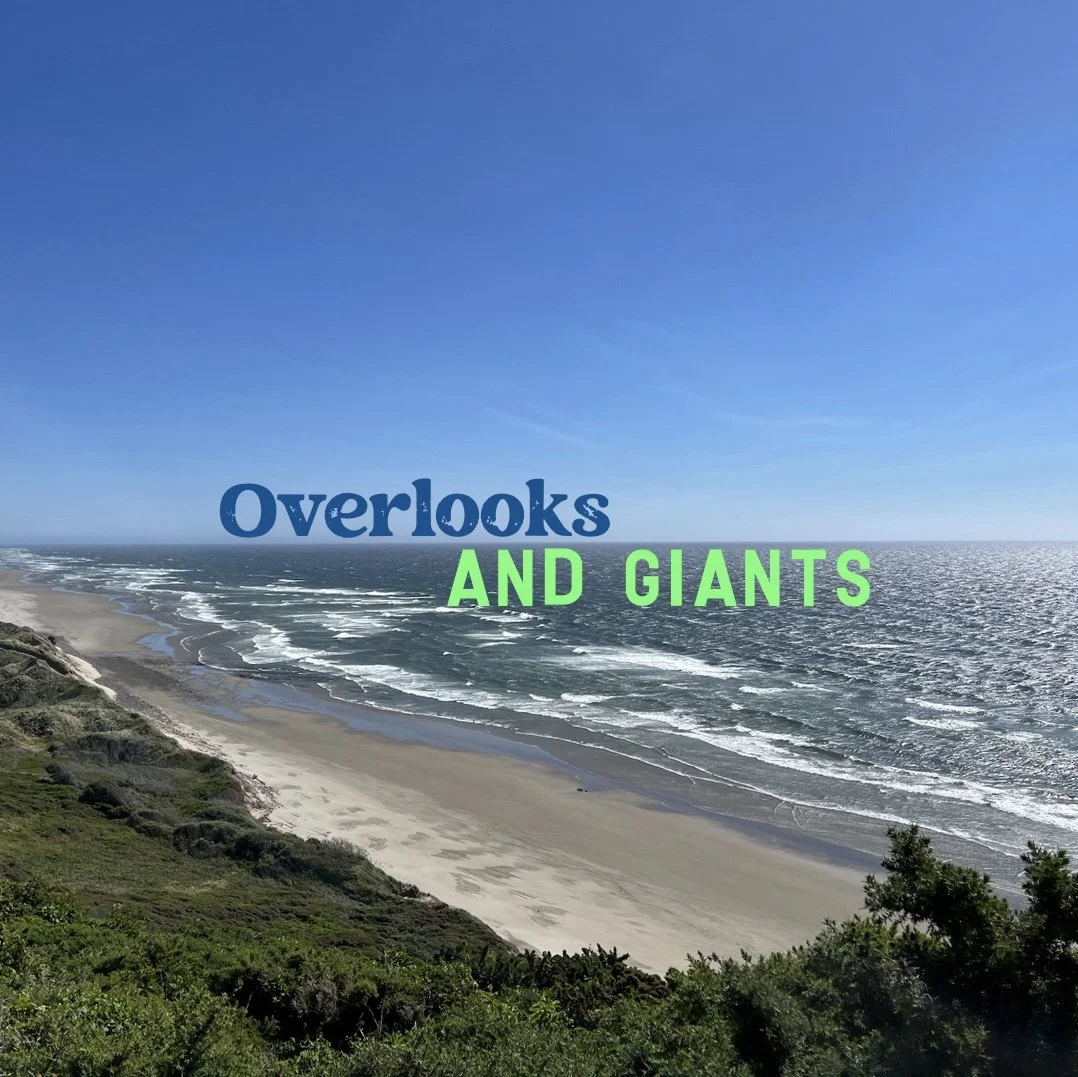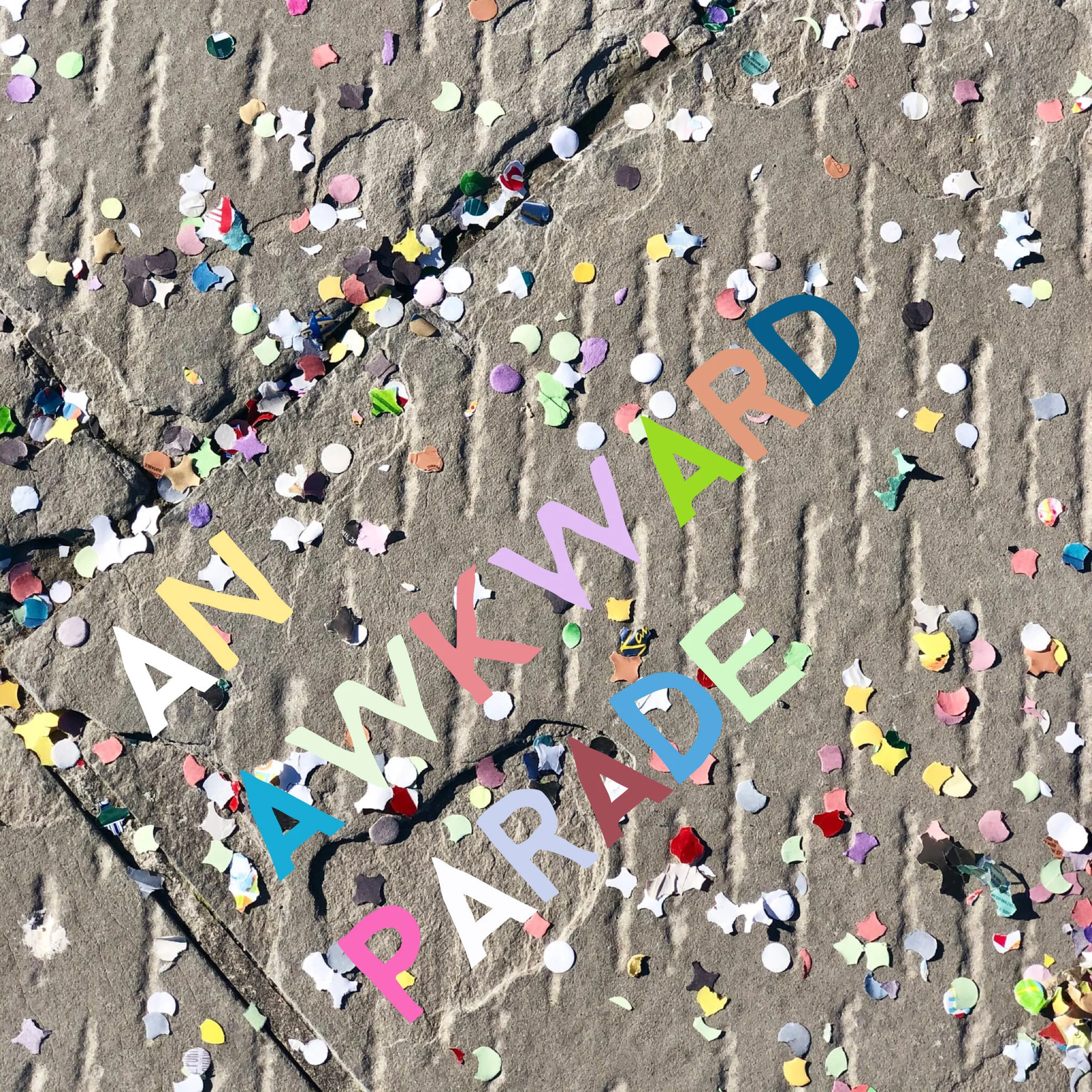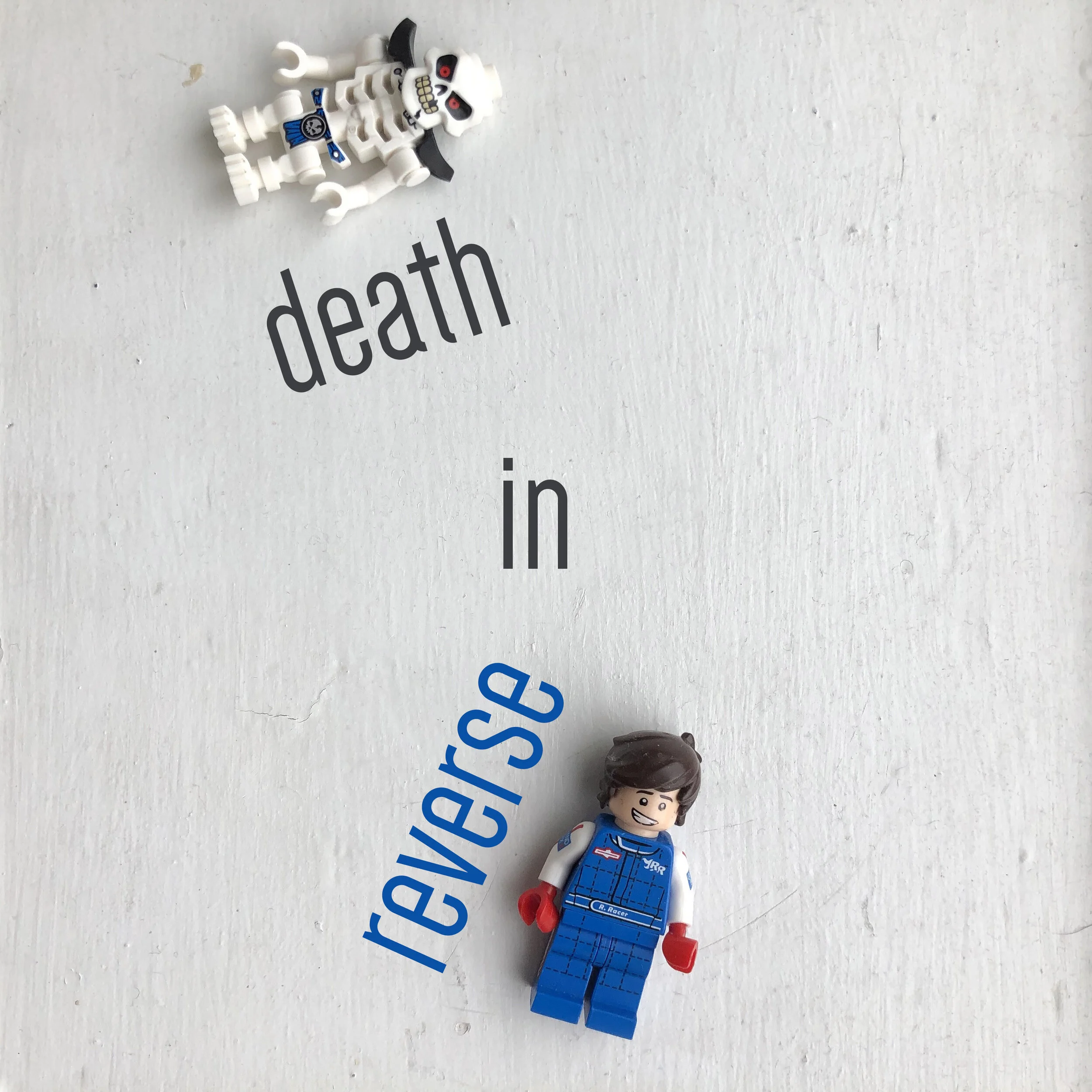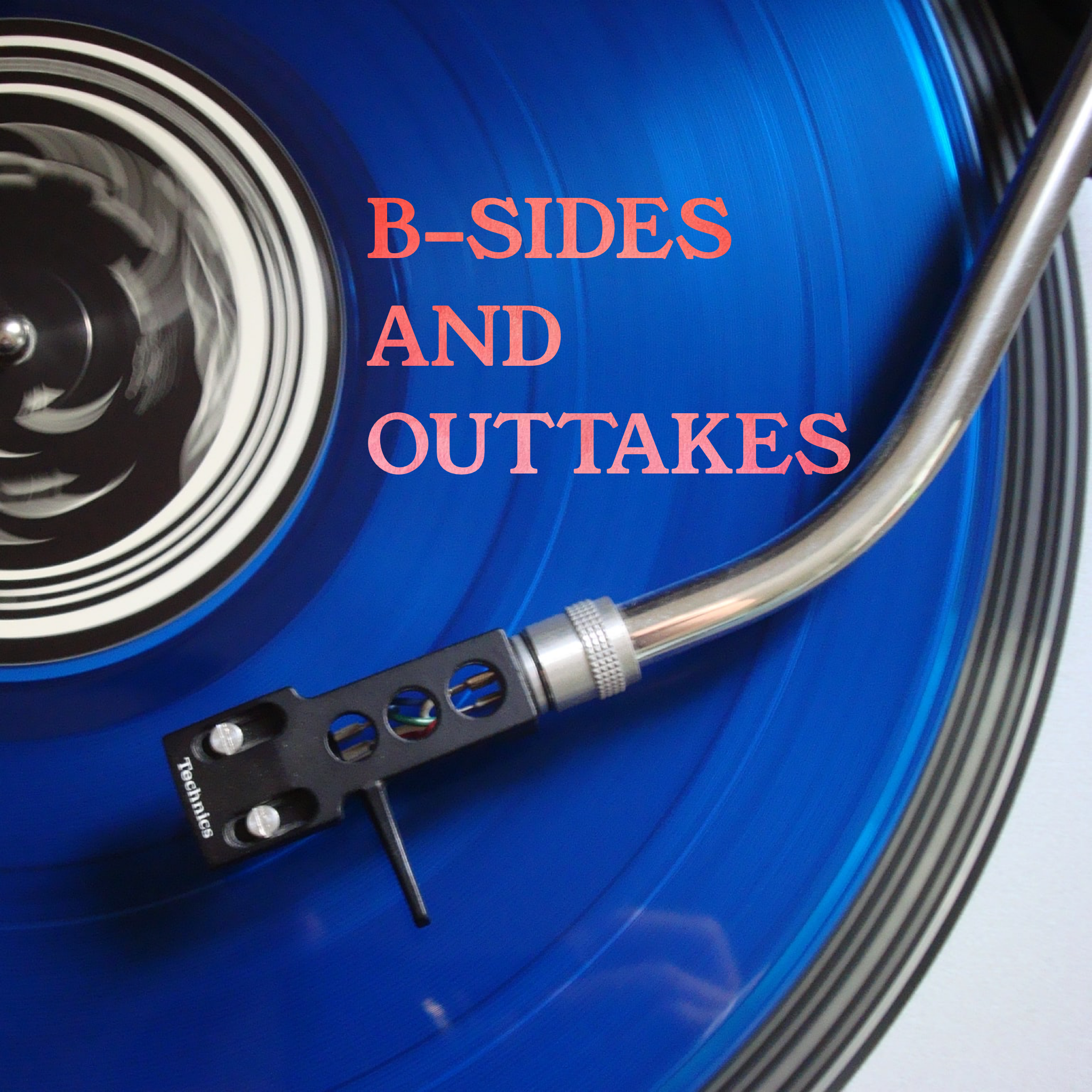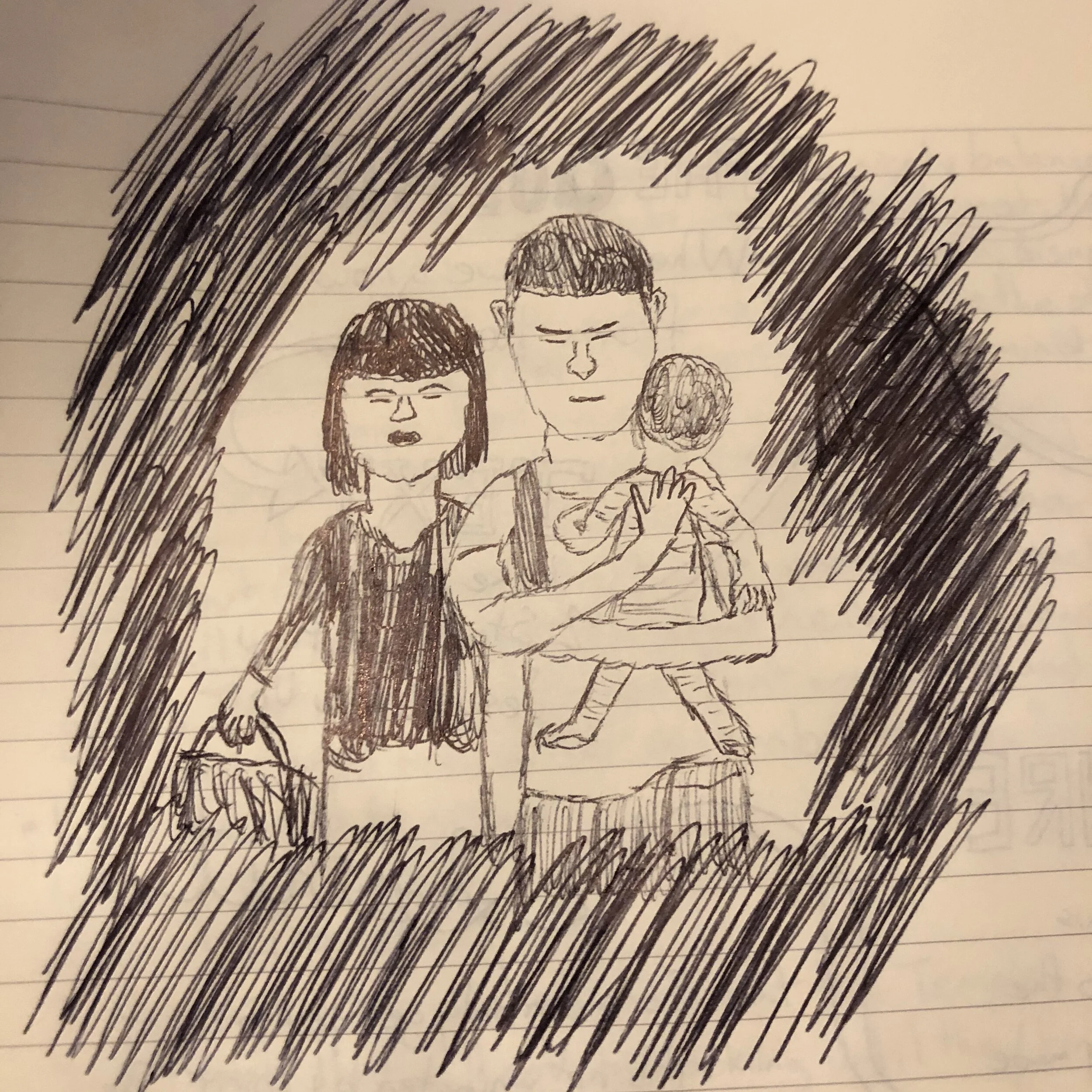Several hundred, some may say several thousand, years worth of anticipation hung in the air. Like summer humidity that sticks to your shirt the second you step outside, you couldn’t avoid it. Not today. Not on Passover week.
A guy claiming to be the Messiah or at least someone who people said was the Messiah was nothing new. There had been tons of guys going around saying that they were the One; saying that they were going to show Rome what’s what. So a messiah making his way to Jerusalem was about as common as a singer-songwriter making their way to Nashville.
But this guy was different. There was a good deal of discussion over whether he was the right kind of different. It wasn’t so much that he talked like he was the Messiah. Word had it that he had tried to keep a lot of that talk and even tales of his miracles under wraps. But the stories still got out: dead men walking, the blind seeing, demon-possessed pigs plunging over a cliff, and thousands fed with a lunch meant for a kid. It is hard to keep those type of things hush-hush.
His name certainly carried great weight. Yeshua, which translates to Joshua or—as the Greeks put it—Jesus. It means “the Lord saves.” It’s true that tons of people gave their boys this name. What parent doesn’t want their child to be the redemption of his people? You have to name the kid to fit the bill. Poindexter isn’t going to quarterback the state championship team and Biff isn’t going to find the cure for cancer. Joshua, like Messiah talk, was nothing special. But it seemed special. At least with him.
All of this—the miracles, the name, the hope that he was the Messiah—mixed with Passover week like a molotov cocktail. Jerusalem seemed like it could explode at any moment. Roman officials were squeamish enough with all of these people that they had underfoot flooding into the city. The last thing they wanted was for another revolution-driven Messiah to take the religious devotion of the masses and turn it into a riot.






